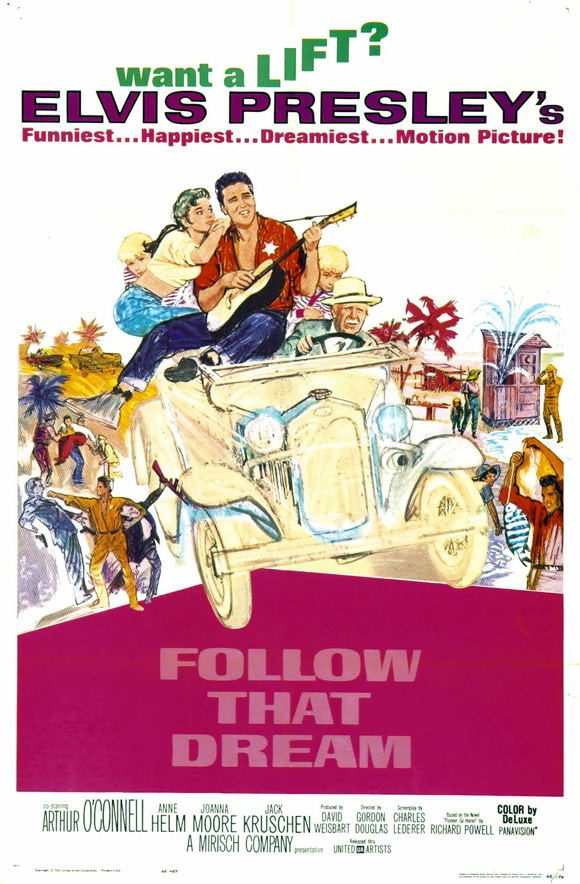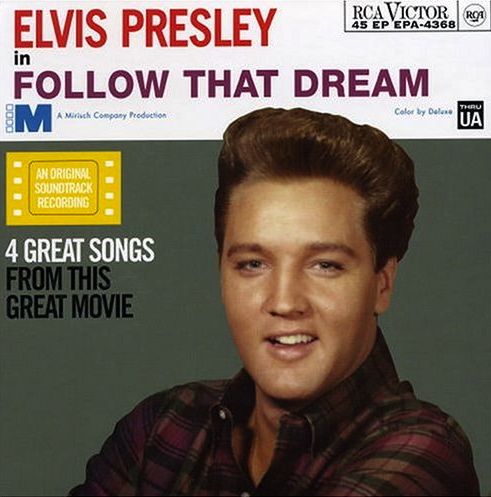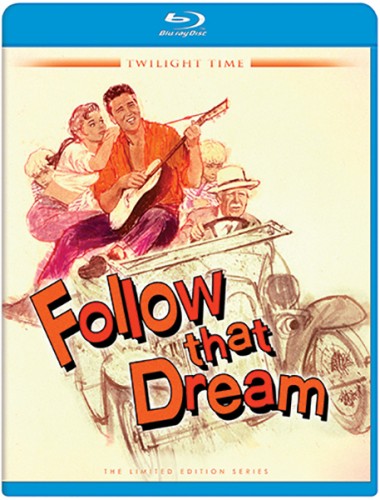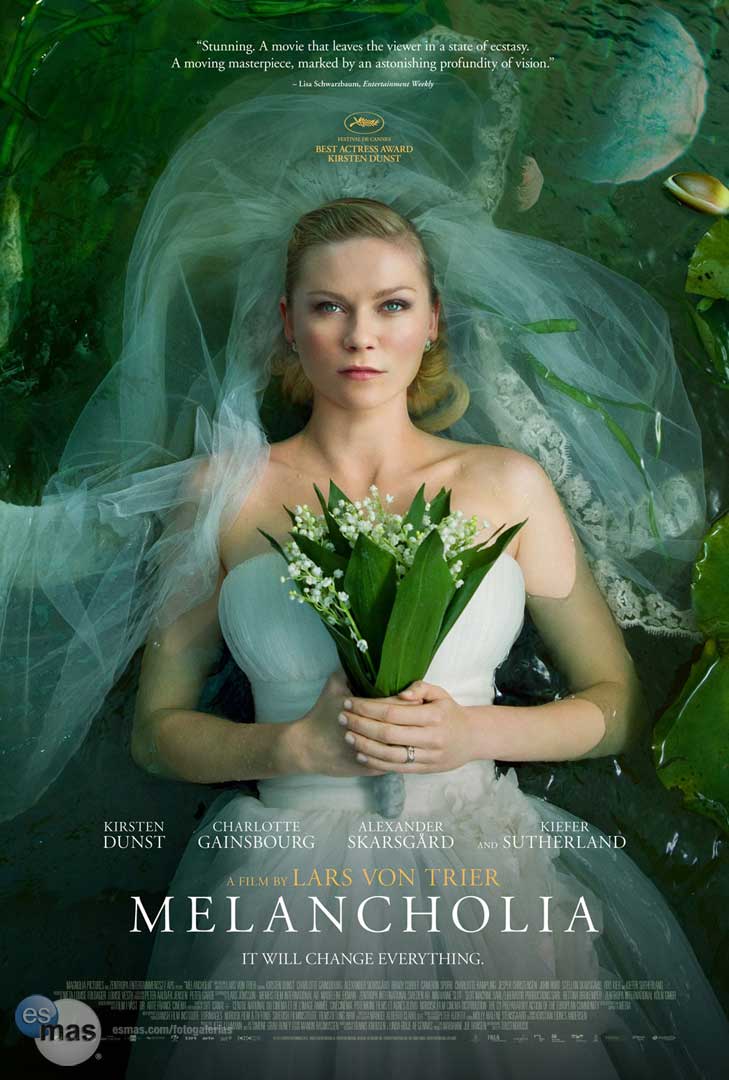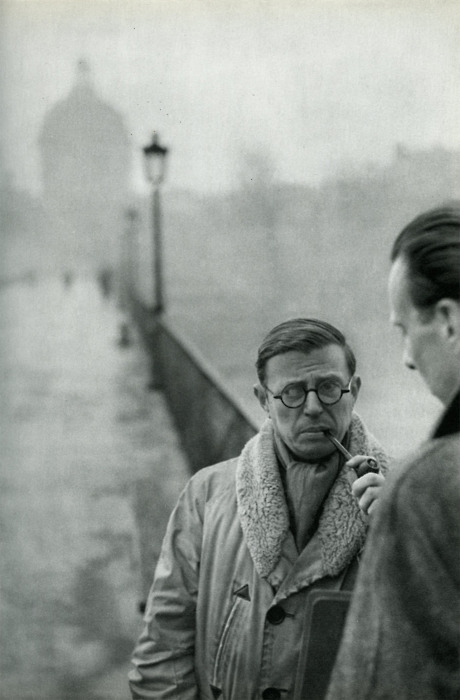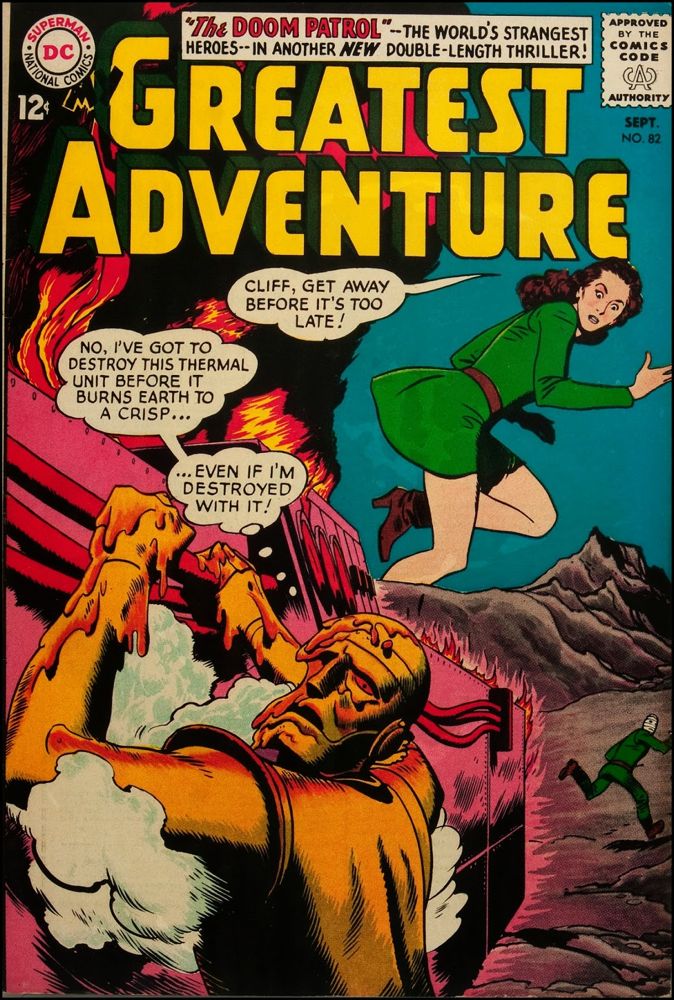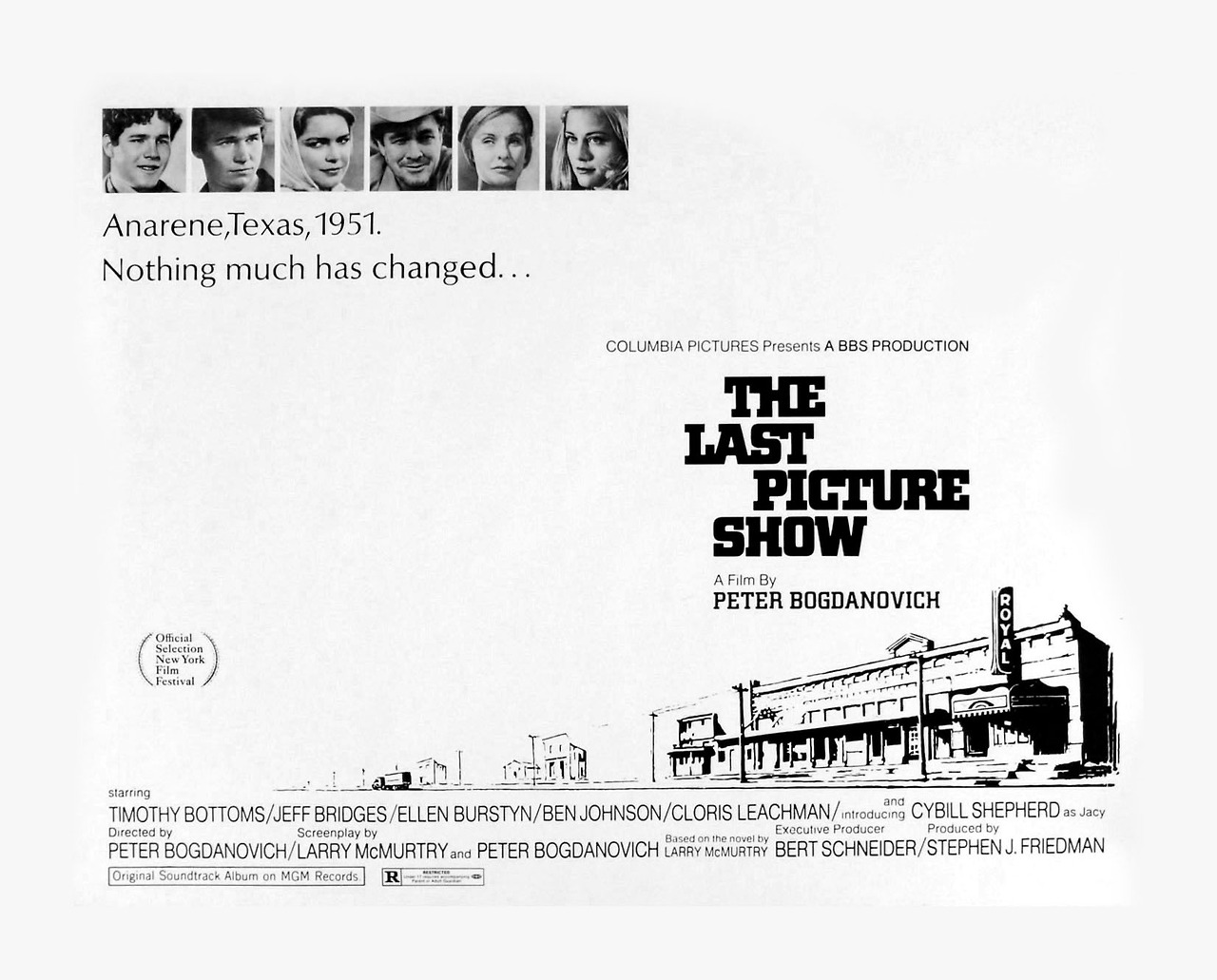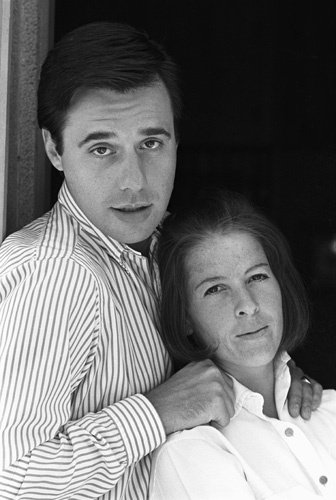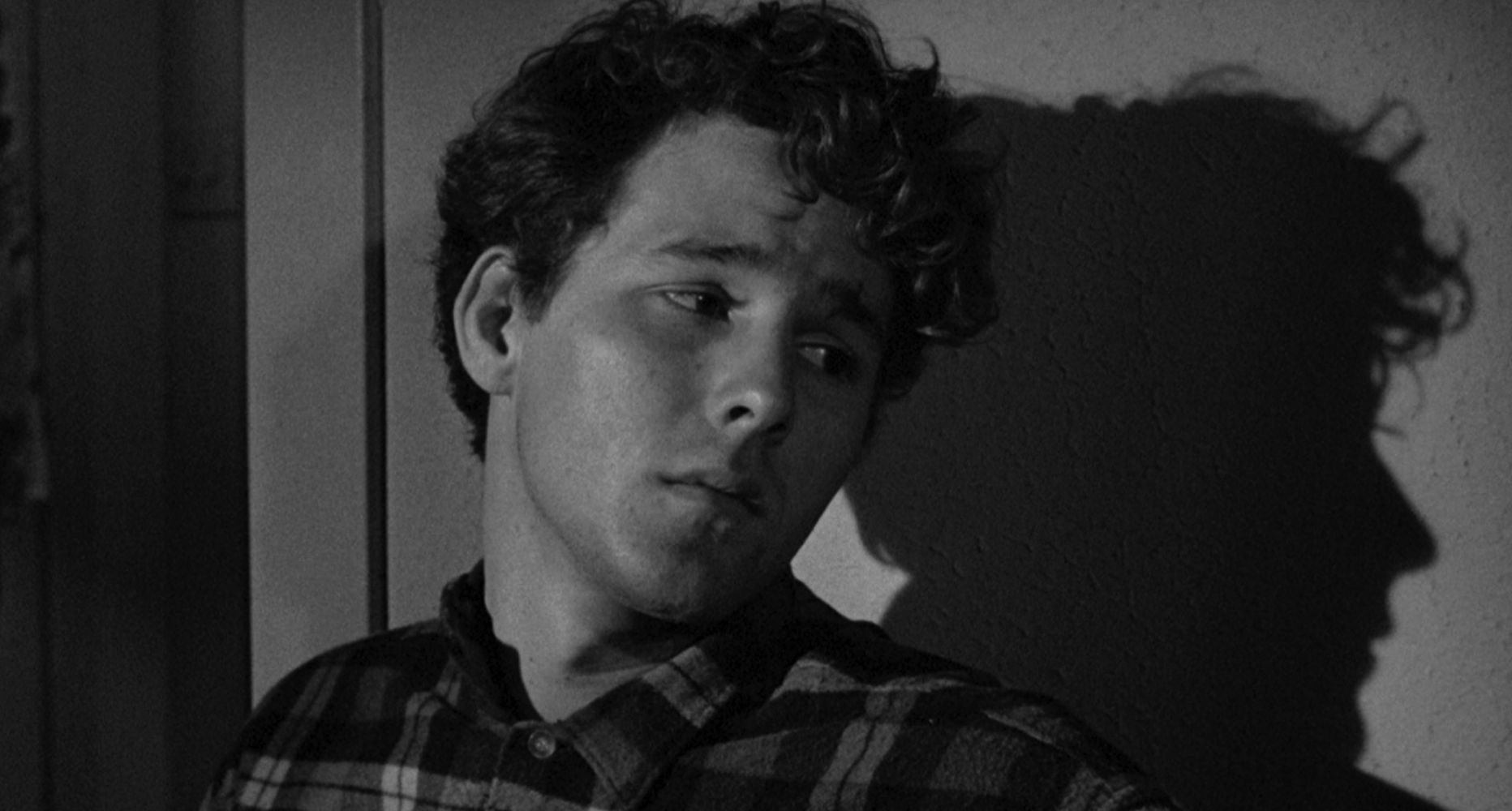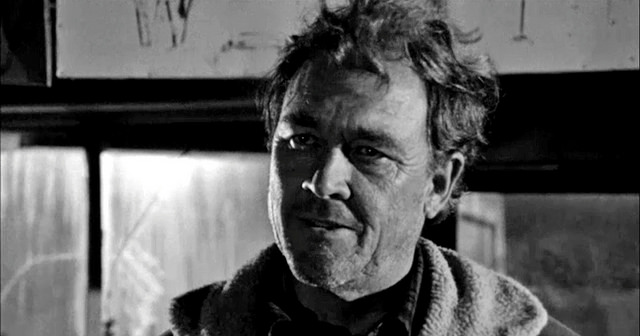Category Archives: Main Page
O . K. . . . KALE
It’s trendy, everybody’s talking about it, everybody says it’s really good for you — all excellent reasons to avoid kale, but why be doctrinaire about it? I recently decided to give it a try, starting with a recipe for sauteed kale I found online.
Put three tablespoons of olive oil in a large saucepan over medium-high heat. Add three or four (or five) cloves of garlic, thinly sliced. When they’re soft but not yet browned, add half a cup of chicken or vegetable stock and as much coarsely chopped kale as the saucepan will hold. Toss it all together, turn the heat up to high, cover and cook for 5 minutes.
After 5 minutes, remove the cover and continue to cook until all the stock has evaporated. Add salt and pepper and two tablespoons of red wine vinegar. Toss again and eat it.
Pretty damned good.
ONE OF US
With thanks to PZ . . .
FOLLOW THAT DREAM
A case might be made that a cinema without conventional artistic ambitions would be the purest form of cinema possible. Its visual aspect would aspire to delight and interest without convincing anyone that its images were aesthetically valuable in themselves. Its narrative aspect would aspire to engage without convincing anyone that the drama it served was profound or important. It would reduce every aspect of cinema to the absolute essence of cinema’s appeal — moving pictures of interesting places and people that tell a coherent and involving story just for its own sake.
From this viewpoint, many of the movies starring Elvis Presley would rank as the purest sort of cinema. They consist of images crafted by highly competent technicians which are pleasing to look at and often very interesting as photographic records. Their narratives have no pretensions to dramatic profundity but are diverting and amusing. They are set in interesting places, a mix of actual locations and studio sets that meticulously recreate actual locations with daring artificiality. They are all organized around a personality with a riveting screen presence and a spectacular talent — singing — who is fascinating to watch quite apart from his skills as an actor impersonating a character.
Many Elvis movies fail to deliver any of the elements we normally expect cinematic “art” to deliver, yet they are exhilarating phenomena all the same. They reduce commercial narrative cinema to its essence, and remind us that the essence of commercial narrative cinema has a high value in its own right. They are great and admirable because they are intensely fun and fascinating and pleasing without pretending to be anything other than intensely fun and fascinating and pleasing.
Check out Twilight Time’s new Blu-ray edition of the Elvis movie Follow That Dream. It is intensely fun and fascinating and pleasing. It is pure cinema.
A LITTLE BIT IS BETTER THAN NADA
A STEVAN DOHANOS FOR TODAY
BACK IN LAS VEGAS
My sister stuck around Las Vegas for a while to help me get my apartment into liveable shape. We hung out a couple of nights at McMullen’s (above), losing money at video poker, and watched a couple of movies, including Angel and the Bad Man, shot around Sedona, which we’d just visited, and Rio Grande, which for my money gets better and better the more times I revisit it.
I was sorry to see her fly back to her home in New York, but we had some great times and great talks while she was out West.
Click on the image to enlarge.
NYMPHOMANIAC
I’ve only seen two films by Lars von Trier, Melancholia and Nymphomaniac, and I think they could both be best described as banal. Each has a prominent organizing hook, and each hook is developed in the tritest way possible.
In Melancholia, a dysfunctional extended family is being torn apart by bleak despair at the same time — the exact same time! — as a previously hidden planet is hurtling towards a possible collision with the Earth. The name of the planet is — wait for it — Melancholia! What are the odds?
In Nymphomaniac, a woman recounts a life devoted to satisfying her voracious sexual appetites. It turns out that she has since childhood felt a profound inner emptiness which she thought that various forms of purely carnal sex might fill up, though — wait for it — they didn’t! Imagine that!
The drama of the dysfunctional family in Melancholia is familiar bad soap opera stuff. The incidents in Nymphomaniac are more varied and engaging. Some of them are even vaguely erotic, even if they don’t add up to much as a psychological portrait of their protagonist.
Von Trier is, philosophically speaking, an existential nihilist, and he makes a valiant attempt to cast his protagonist’s acceptance of her basically meaningless life as an act of courageous heroism. Some, like that happy-go-lucky hairpin Jean-Paul Sartre, might find this convincing but it seems a bit puerile to me. It’s certainly no fun, presenting sex as a desperate existential chore. Lie back and think of Huis Clos.
Von Trier also makes an utterly unconvincing case for his protagonist as a feminist pioneer, suggesting that if a man had led the life of sexual adventuring she led he would be admired. Perhaps, but only by idiots. Heartless sex is heartless sex, whatever the gender of those who engage in it. It’s not the worst thing in the world but it doesn’t make any life worth living sub specie aeternitatis, or any other specie I can think of.
There are, as I say, a few amusing and titillating passages in the film and it has a witty, unexpected twist at the end but, by the second half of the four-hour version I watched, its governing mode had become pure ennui. You have to work hard to make sex boring but von Trier pulled it off in Nymphomaniac.
HEY, GOOD LOOKIN’
Rick Perry is conducting his public defense against his indictment for abuse of power like a political campaign. His booking on the charges was the occasion for a jaunty and rousing speech and even the mug shot (on which the gag poster above is based) turned out to be a successful photo op. That mug shot may be the best of all his official portraits.
Perry knows politics, particularly Texas politics, as well as anyone who’s ever lived, which is one reason he’s the longest-serving Texas governor ever. He seems to be a political animal down to his fingertips, so it’s instinctive with him to turn a fingerprinting session into a campaign event.
Perry is also contemplating another run at the Presidency, so it’s important for him to limit the national public’s perception of the damage from the indictment. Treating it like a silly gnat that he can swipe away with the flick of a wrist is just the ticket for that.
In the courtroom, it may not be so simple. Perry is accused of violating a very plain and very Texas sort of law which prohibits an official from using his power to coerce another public servant into taking an action that the other public servant doesn’t want to take.
In the wake of her very public and very humiliating arrest for drunk driving — very drunk driving — Perry tried to get Travis County DA Rosemary Lehmberg (above) to resign. A lot of people agreed that she should, but she refused to. So Perry apparently used various implements in his tool box to force her to resign, including a threat to veto funding for a government watchdog agency she headed, a threat he eventually carried through on.
Perry knew he would win the public relations battle over his actions, as he largely has, but he failed to take the anti-coercion law into account. Linking his veto threat specifically to Lehmberg’s resignation was, on the face of it, a clear violation of that law. Perry may well win the public relations battle over his case and still get convicted of a felony or two.
Perry is like a modern-day John Henry, a man who knows how to drive steel with a hammer better than anyone else, but is baffled by the task of operating a screwdriver. That bifurcation of skills and perception is the fascination of the man, and will be the fascination of the trial. He and his legal team will try to bring Perry’s hammer into the courtroom. The prosecutor will try to turn the jury’s attention towards the mishandled screwdriver.
It will be one of the most interesting political trials since the days of Watergate.
A COMIC BOOK COVER FOR TODAY
NATALIE
PERRY WINS
SATURN 1970
A new three-track EP from Todd Fletcher, whose last album Wake Up Vanishing I reviewed here.
The new tracks are driving, invigorating melodic grooves — it’s hard to imagine that they were made by a solo artist creating multiple tracks. They seem like the works of an experienced and wildly interactive ensemble. Buy them here and pay what you want for them. An awesome deal.
THE CASE AGAINST PERRY
Commentators on Rick Perry’s indictment are falling into a pattern — mischaracterizing the charges against him, and then defending him or attacking him on the basis of those mischaracterized charges. Perry is not charged with using his power, specifically his power of line-item veto, in an irresponsible or unethical way — he’s charged with using those things for the one purpose he’s legally bound by Texas law not to use them for, namely, attempting to coerce a public servant, Rosemary Lehmberg, into taking an action she didn’t want to take and wasn’t legally required to take, resigning from office.
Perry’s motives for doing this are irrelevant. He may have, as he’s argued, simply wanted to rid the state of an official who’d lost its confidence, due to her problems with alcohol and the law. He may have, as his opponents have argued, really wanted to replace her with a Travis County DA less liable to tangle with his administration.
Neither of these things are important to the case as a legal matter, and won’t figure into the prosecution’s arguments, which will try to prove that Perry committed a felony or two by attempting to coerce a specific public servant into resigning, which the law forbids.
As a defendant, Perry has in his favor the presumption of innocence, the affection of most of his fellow Texans, and the notion, on both sides of the aisle, that the charges against him are sketchy, punishment for playing hardball politics as usual. But the law is the law, and a very careful, reportedly non-partisan prosecutor has determined that he broke it.
Spinning the case as a question of ethics, or intention, or partisan politics is the business of Perry’s supporters and enemies. The trial will deal with facts and the law, and none of the spin will figure into it at all. I suspect that this will take a lot of the pundits, and those who follow them, by surprise.
THE LAST PICTURE SHOW
There has long been a theory that his first wife Polly Platt was the creative genius behind Peter Bogdanovich. It’s based on the fact that after he stopped working with her, a few years after they separated, Bogdanovich’s career went into a precipitous decline from which it never quite recovered
Platt encouraged Bogdanovich to film Larry McMurtry’s novel The Last Picture Show. There have been rumors that she worked closely with McMurtry and Bogdanovich, uncredited, on the screenplay and played a decisive creative role on the set. The actor Ben Johnson said she virtually co-directed the film. She certainly designed the film, her credited role, with impeccable authenticity and taste.
Bogdanovich was a fine filmmaker, but It was Platt’s critical evaluation of material, and the ways to approach it, that seemed to keep Bogdanovich on course in the years of his success, and whose absence left him a bit adrift after Platt moved on.
Platt (pictured above with Bogdanovich) described their creative partnership this way — “He’s the locomotive, I’m the tracks.” Bogdanovich’s career after Paper Moon, the last film he worked on with Platt, can be fairly described as a locomotive that’s gone off the tracks.
In any case, The Last Picture Show is a genuine masterpiece, wonderfully cast and brilliantly shot. Though Timothy Bottoms (above) carries the film as its principal character, our window onto the tale, the heart of it is Ben Johnson’s powerful performance as Sam the Lion, for which he won an Academy Award as Best Supporting Actor.
The film is about the passing of time, the dying out of a small Texas town, and Sam the Lion (above) personifies what’s being lost in the process, the old breed of Texan whose world is vanishing. Without Johnson’s character, we wouldn’t have quite the same sense of what’s at stake in the film’s mournful, bittersweet parade of longing and disappointment and heartache. Johnson gives the film an epic dimension, elevates it into the highest ranks of American cinema.



